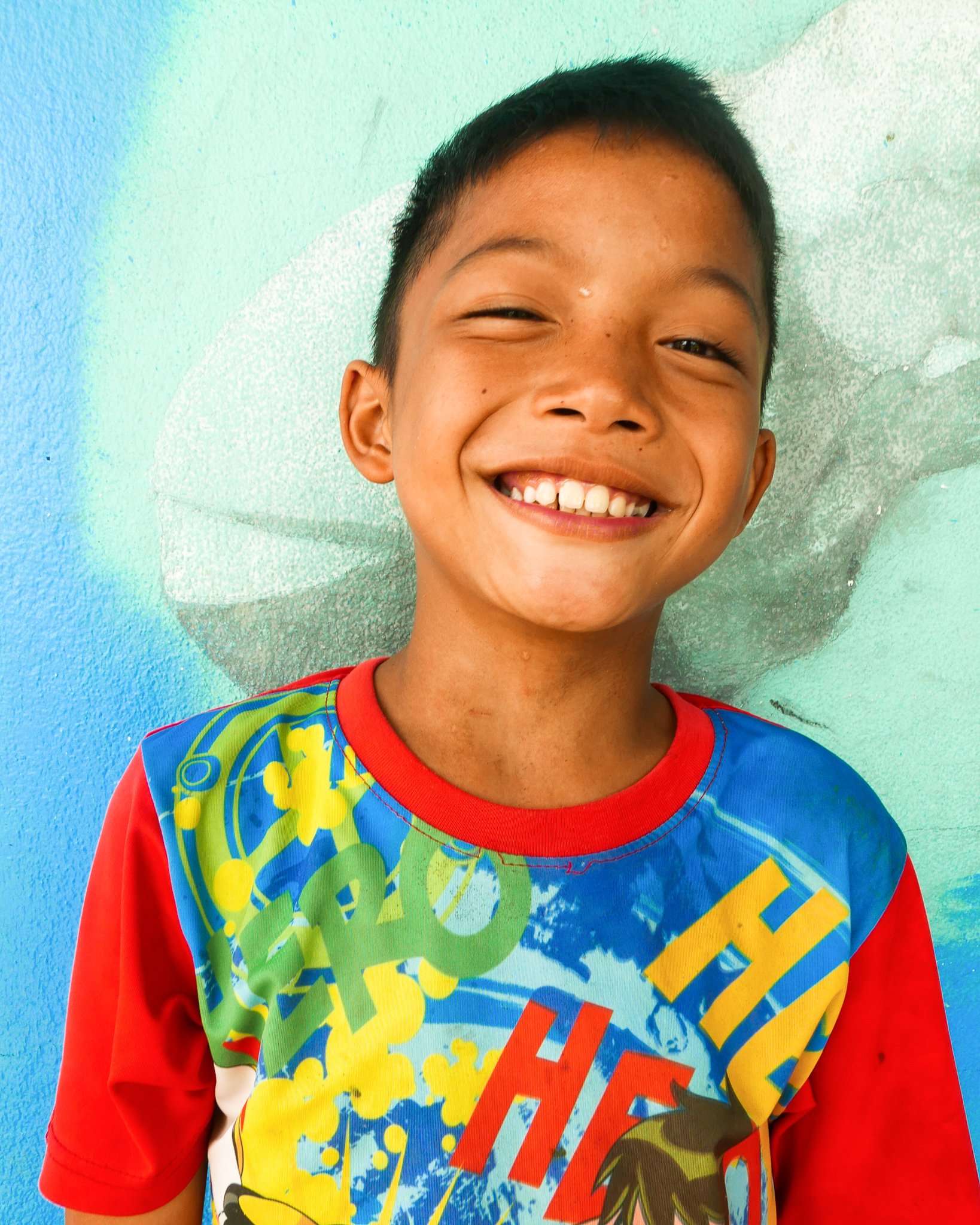Globally consumed at the rate of two billion cups a day, coffee is the world’s second most traded commodity. The market pressures that result from this high demand can push producers to commit labor rights abuses as severe as human trafficking. This is a concern especially in regions affected by poverty, where vulnerable communities are more susceptible to exploitation. In order to minimize human rights violations within this industry, it is up to us, the consumers, to demand products that hail from a fair, transparent supply chain. We have the power and responsibility to hold enterprises accountable and call for a shift in labor practices.
That’s why I’m leading the Conscious Coffee Project. Sponsored by the Anti-Trafficking Coalition at Berkeley, Conscious Coffee is an effort to foster a supportive network of cafes near the UC Berkeley campus that sell ethically sourced coffee. We will feature this network on a website and app geared toward students, both of which will serve as informational tools while operating through a financial incentive– users who frequently shop within the network can earn rewards like a free cup of coffee from their favorite cafe
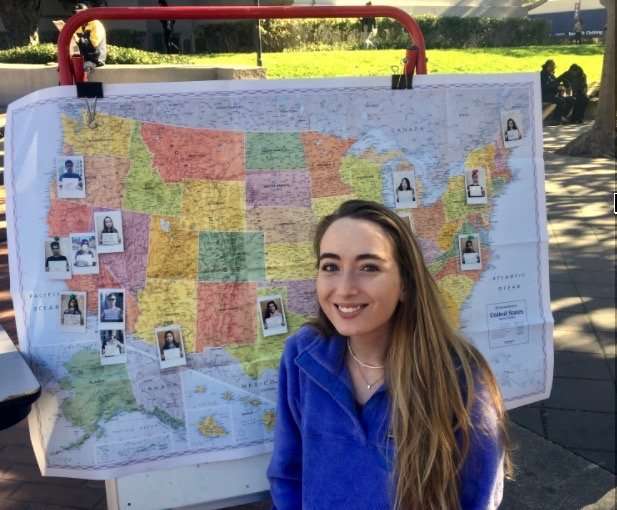
Because human trafficking is such a huge, complex phenomenon, it can be difficult to figure out how to work toward its eradication in a meaningful way. My internship at Not For Sale this semester has taught me that it is not enough to throw money at a cause, trying to fix the problem after the damage has already been done. We must seek innovative solutions to prevent vulnerability to exploitative situations from taking root in the first place. As consumers and changemakers, our voices and minds are integral to the abolition movement. Together, through entrepreneurship, innovation, and technology, let’s stand up for our values and make a sustainable impact!

The Decision
Tung’s early years had wonderful moments of joy. He has some very happy memories of his mother. They travelled together on holidays, and when she was sick he stayed with her at their home, nursing her through the long nights of her fever. When she died, Tung’s world...
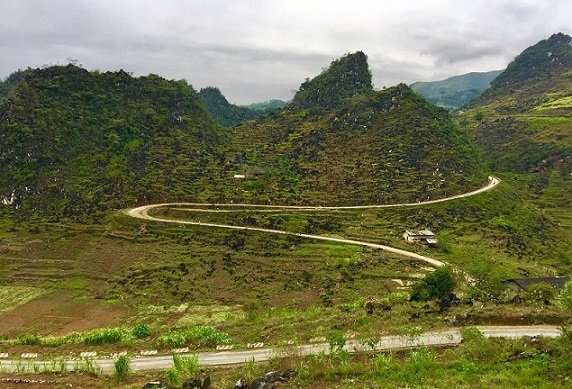
Almost Impossible
Phuong disappeared 3 years ago. She was offered a chance to work in a restaurant in another town, and followed someone she thought was a friend. At the time, Phuong felt lucky. As a child, a terrible motorbike accident severed one of her legs, leaving her with a...
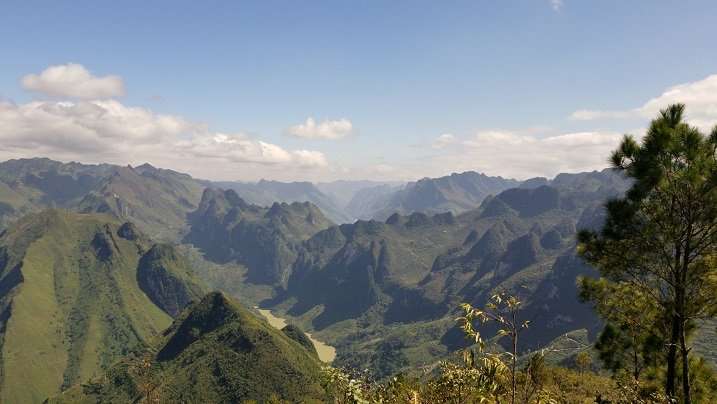
A Little Boy Found
It was about a year ago that Dak first came to Not For Sale Vietnam partners Blue Dragon. His journey to Hanoi, where he met a social worker on the streets, is one of those incredible stories that could well be made into a film one day. He had run away from home in...
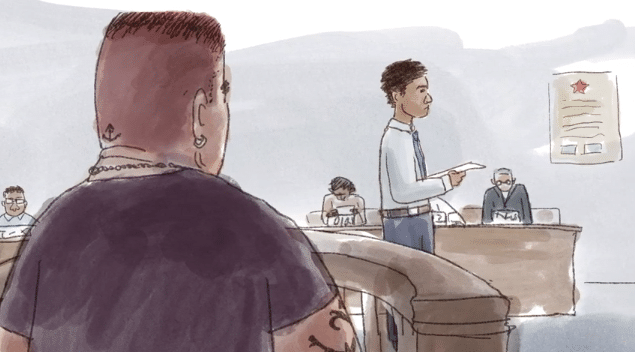
An Everyday Hero
In coming weeks, Not For Sale Vietnam partners Blue Dragon will reach the milestone of 1,000 people rescued from slavery. Many people wonder exactly how we conduct these rescues. While we have to be careful about revealing operational information that might put our...

Life After
When Anh was rescued from slavery in June, she returned to Vietnam hoping to start life over. Trafficked at age 13, she was held captive in a forced marriage in Inner Mongolia for 5 years. Her rescue was complex and dangerous, and Not For Sale Vietnam partners Blue...
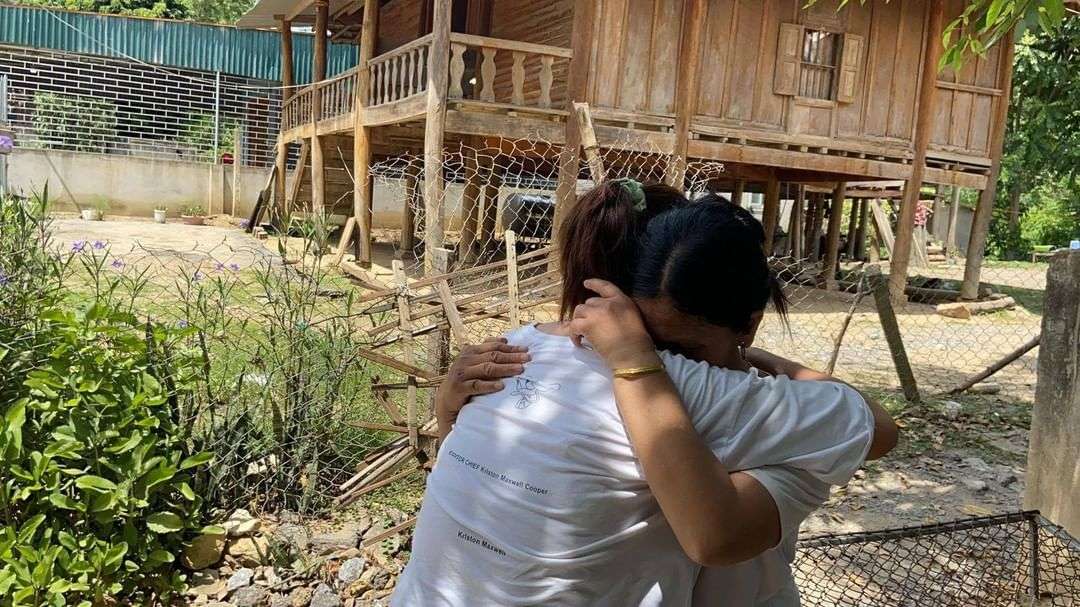
May’s Story
Mrs Do and her husband An were working in the fields the day May disappeared. When they came home for dinner, their daughter was gone. At first they thought she might be playing with some friends.
READ MORE

